[fusion_tb_meta meta=”author,modified_date,categories,read_time” layout=”stacked” display_element_labels=”yes” read_time=”200″ reading_time_decimal=”yes” alignment_medium=”flex-start” alignment_small=”flex-start” alignment=”center” stacked_vertical_align=”flex-start” stacked_horizontal_align=”flex-start” height=”48″ hide_on_mobile=”small-visibility,medium-visibility,large-visibility” animation_direction=”left” animation_speed=”0.3″ animation_delay=”0″ separator=”/” font_size=”14px” item_padding_bottom=”12px” border_color=”var(–awb-color4)” border_top=”0px” border_right=”0px” border_bottom=”0px” border_left=”0px” margin_bottom=”16px” /]





